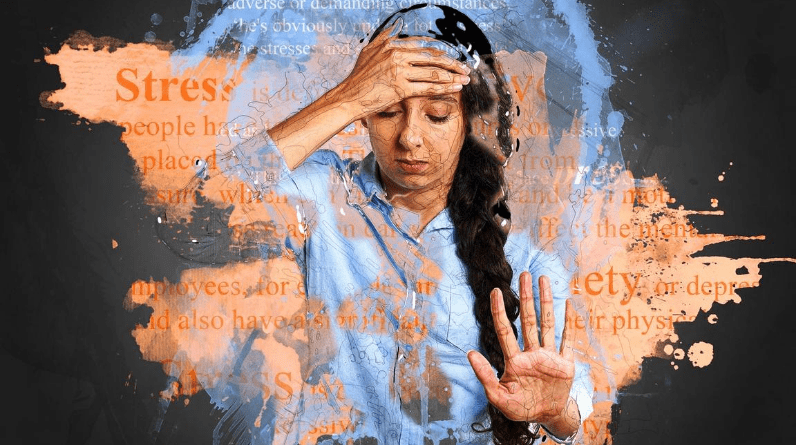
Does NLP work for anxiety? There are different types of “anxiety” to consider, and while neurolinguistic programming does not aim to treat or diagnose “conditions”, NLP techniques can be helpful to reduce anxiousness and improve calm and focus throughout the therapeutic process.
So for example, if we consider basic scenarios in which people experience anxiousness, lets say for example about having to give a speech, the basic formula to be anxious is to think about what is going to happen in the future in a way that is undesirable, and feel those feelings right now, then you’ll feel anxious.
For simplicity, because there is obviously more things to do in this situation, just consider going into the future about 10 minutes PAST the successful completion of the event having gone a way that was very desirable. Think about how great it went and how proud you are of your performance. Now where did the anxiety go? It’s probably less or even completely gone.
This is a good example of how utilizing NLP techniques can help reduce anxiousness.
What often needs to be addressed of course is feelings of “doubt” that this would occur, and how someone might feel the undesirable event is more likely.
In addition, there may be a larger, more global “meta program” the person may have to enables them to do this pattern in many other contexts. In this case, the quick-fix technique above will likely only be very short-lived, until the deeper issue is identified and resolved.
Human beings are wonderfully complex, and thus we should aim to use any and all tools available to help someone move from their current desired state to a more desirable state. Thus, when we ask the question does NLP work for anxiety, a complementary question is “do we understand the nature of the person’s anxiety?”, and how could various neurolinguistic programming techniques fit within the overall context of the process.
In this way, we move beyond the “do-this-for-that” type of approach that plagues most practices.







